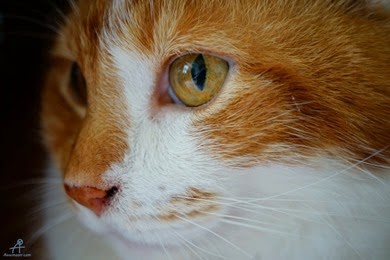The Blue Blog
The million year old blog
“Little Brother” by Cory Doctorow
Author: Aasemoon28 Mar
Last Sunday at “The Uncanny Book-Club” gathering, I listened to some interesting discussions regarding Cory Doctorow’s “Little Brother“, which made me curious enough![url[1] url[1]](http://lh3.ggpht.com/-FZDDO9IJY6o/UzVlAVEogDI/AAAAAAAABqY/R0rW0UVa6uU/url%25255B1%25255D%25255B3%25255D.png?imgmax=800) to want to read the book. I loaded up the book to my Reader and was planning on having a go at it in our next reading group this coming Sunday, but I’m afraid it didn’t last that long… It’s already been “had”. I munched through most of it during my commute from Zurich to Basel and back, for recent coder event at the Magnolia office.
to want to read the book. I loaded up the book to my Reader and was planning on having a go at it in our next reading group this coming Sunday, but I’m afraid it didn’t last that long… It’s already been “had”. I munched through most of it during my commute from Zurich to Basel and back, for recent coder event at the Magnolia office.
As usual I’m not going to give much of the book away here, but since a couple of friends are wondering if they should read the book… Here’s the super-short version of what I think.
It’s worth reading. =)
Ok well… I’m not a fan of the writing style. The author doesn’t seem to have much of that at all. This is something that I’m generally not all that sensitive about as I’m looking for the message, but it does matter. In this case the author didn’t manage to get to me with his words, and I felt that in the literary sense the book was rather sloppily written. A young adult novel does not necessarily have to carry that load of cheese, and I would certainly have been happy reading far less about LARPing.
That being said, there’s some good [and sometimes great] ideas in there. There is a message, even if it’s being delivered in not the most powerful of ways. For me personally the message hits pretty close to home, given my own past experiences. These are ideas that should be spread, taught and pondered, regardless of the author’s literary capabilities, regardless of the medium. The most important aspect of the book, to me, is the fact that it’s advertising the culture of thinking, which is rare enough nowadays [comparatively speaking].
Dripping cheese aside, I find the character development in the book rather well done. Especially in regards to Marcus, the main character, himself. The way he had to grew up… some of what he felt… well connected to reality. Although the reality version would be far more complex, but still, I feel that the author is doing a good job showing the kind of growing up one ends up having to do under such circumstances. It’s also nicely realistic, that he’s quite the non-hero. It’s not him taking care of it all and saving the day, he doesn’t even want to be the leader, but due to his way of thinking and acting he ends up on the front row anyway. That’s precisely how it usually happens, in reality, outside of Hollywood movies.
I also find the ending quite appropriate, seeing that it’s actually not much of an ending. What you see at the end feels to me like the eye of the storm, and a good place to end the story, especially since there seems to be a sequel. It appears that the story’s main characters, while having a nice “day” at the time, are preparing to get into another, possibly much larger, round of conflict.
Anyway, wrote too much already… check it out for yourselves. 😉 I think I’m going to read “Homeland”, the sequel, next.





































Leave a reply
You must be logged in to post a comment.